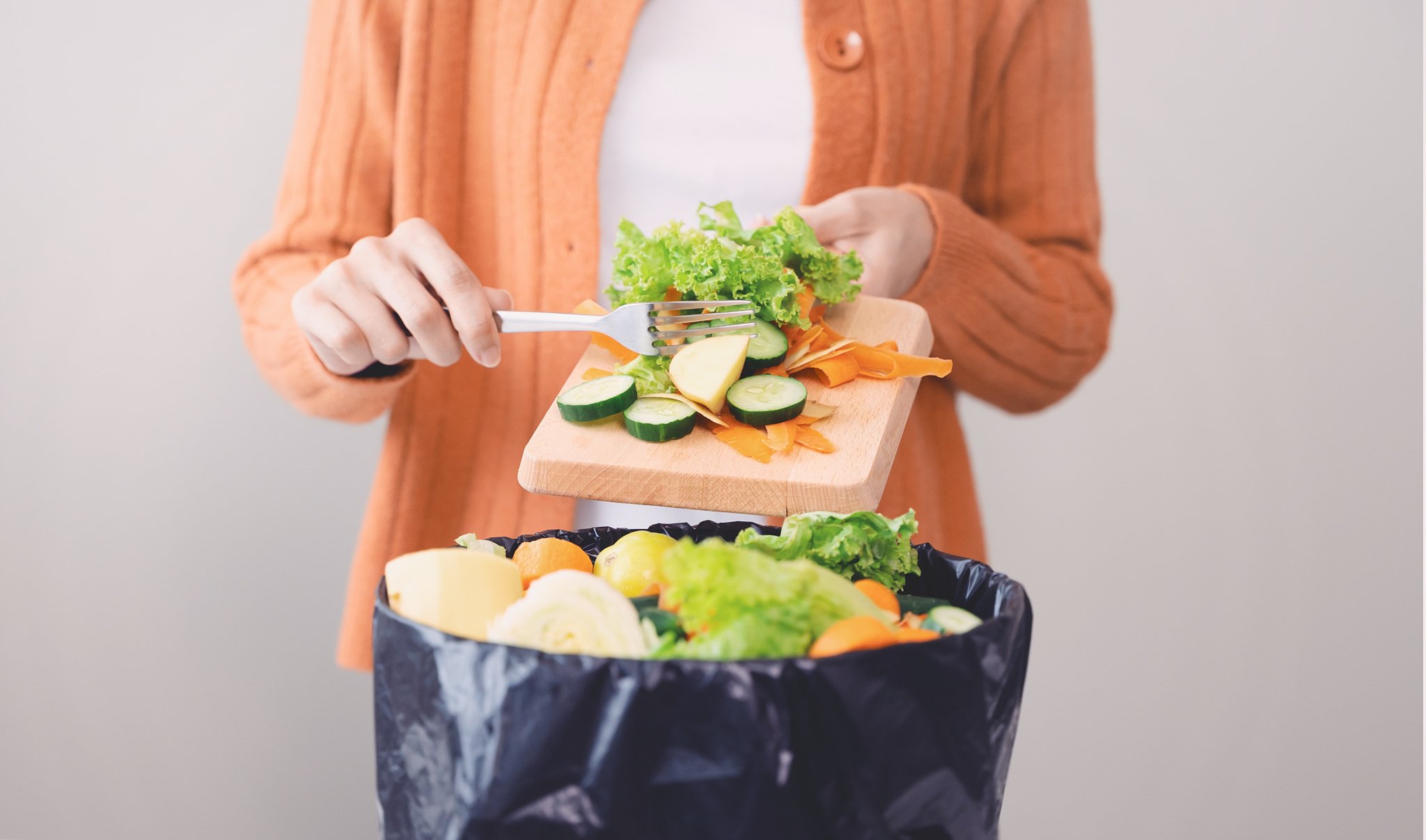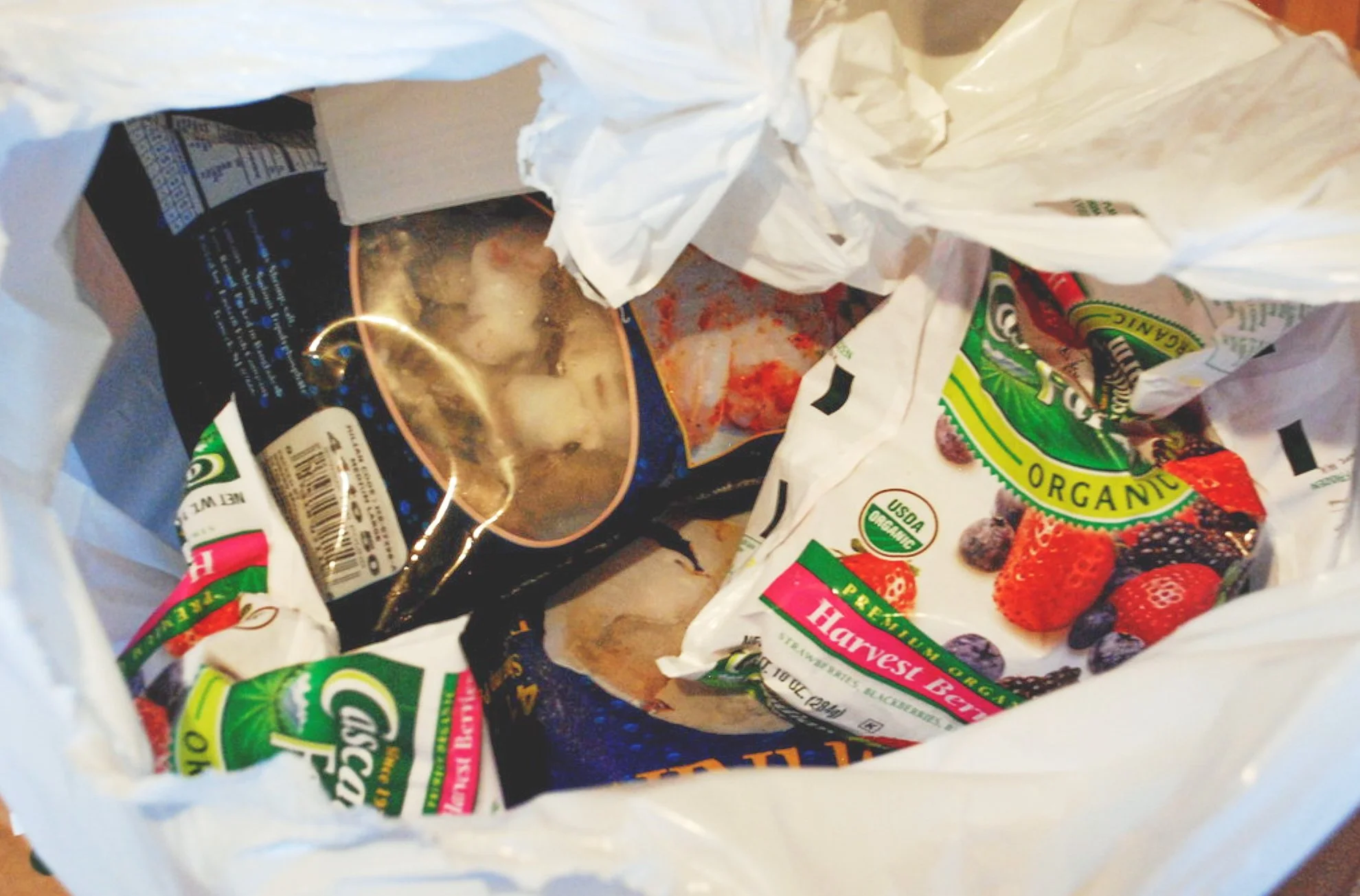#7 Food Waste
Are you aware that 2.5 billion tons of food is wasted annually? Or that millions of people around the world go to bed hungry every night? Food waste is one of the biggest ways we can directly impact climate change.
What’s all the waste about?
Did you know that food travels an average of 1,500 miles and that Americans throw away between 40% to 50% of it? The amount of food wasted is absurd, but it is not only the food which is being wasted. Consider the fuel used in harvesting and transporting the food and the large amounts of water used to grow it. Let’s take a deeper look.
Facts About Food Waste:
6% of greenhouse gases heating the planet are caused by food waste.
If food waste were a country, it would be third in the world after the US and China in terms of impact on global warming.
Americans waste $165 billion in food annually.
The average American throws out about 240 lbs. of food per year.
Fruits and vegetables, plus roots and tubers, have the highest waste rates of any food.
1/3 of all food grown is wasted – totaling $940 billion dollars annually.
40-50% of wasted food uses up 25 % of all available freshwater in the US.
55-65% of food wasted is done by the consumer.
Throwing away one burger wastes the same amount of water as a 90-minute shower.
How can I make an impact?
Action 1: Global Goodness
Plan, plan, plan. Meal prep and weekly menu prep allows you to know exactly what ingredients you will need, as well as what you need to use that you currently have.
Know what is in your fridge before you go grocery shopping – and write a list.
Practice the FIFO method. First In, First Out.
Be realistic about your lifestyle. If you don’t like to cook, or don’t have time, don’t buy loose ingredients.
Action 2: Planet Protector
All of Action 1.
Learn how to compost. Composting your organic food scraps is a great way to build the health of your soil and connect with nature.
Buy from local markets, or grow your own food to help reduce fuel emissions. It is a double win, as produce lasts longer when picked fresh.
Check your expiration dates so you know what to use first.
When eating out, split a meal instead of taking home leftovers. Most people don’t consume the leftovers taken home.
Action 3: Earth Angel
All of Actions 1 & 2.
Take note in what you repeatedly throw away. Stop buying what you are continually throwing out.
Preserve your produce. By properly cleaning and storing your produce, it lasts longer.
Educate others on the amount of food wasted, and the ways they too can make an impact.
Choose to be an Ambassador for Change, and always Spread Love and Spread Light.


